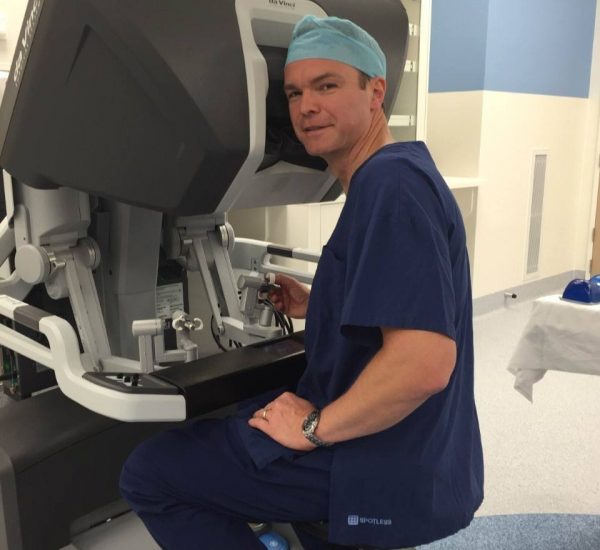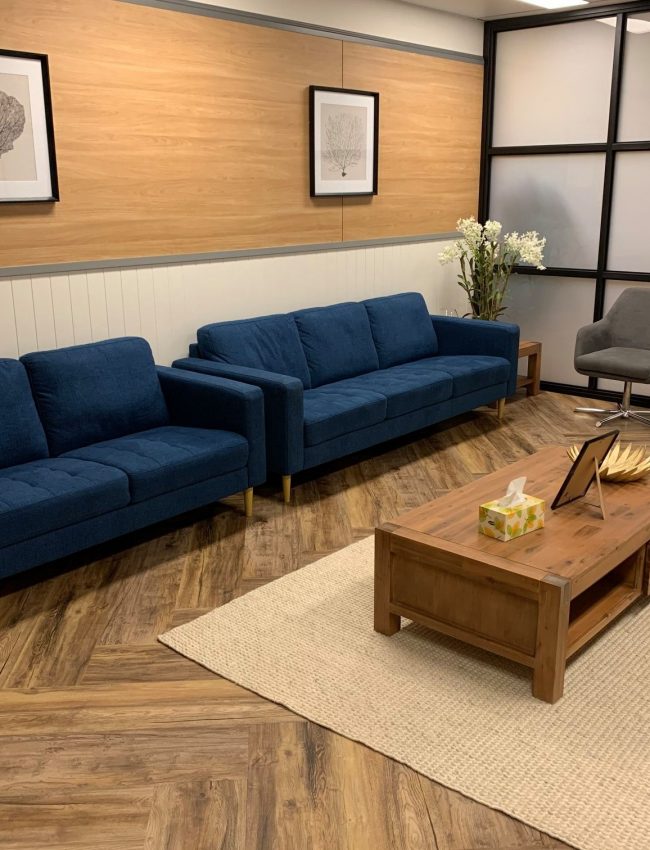

If you’ve been struggling with your weight for some time, you’re not alone. More than 14 million Australians are obese or overweight, and obesity is now a global health concern.
While a healthy body requires a small amount of fat to normally function, being overweight or obese means you have considerably more fat than your body actually needs.
Weight loss surgery, also known as bariatric surgery, is a safe, effective and powerful option for attaining long-term weight loss if you have developed a significant weight problem. It is the only treatment that has been shown to result in major and durable weight loss, because conservative attempts to lose weight, such as diets, fail for many people.

Weight loss surgery can help you not only achieve a much better standard of living, but it also improves your overall health and longevity in the long term. It can also reduce your risk of many obesity-related diseases.

The extent of weight loss achieved depends not only on the surgical procedure, but also by making positive and lasting changes to your lifestyle and eating habits. Physical activity and good food choices will help you maintain long term weight loss, and give you a better quality of life.











